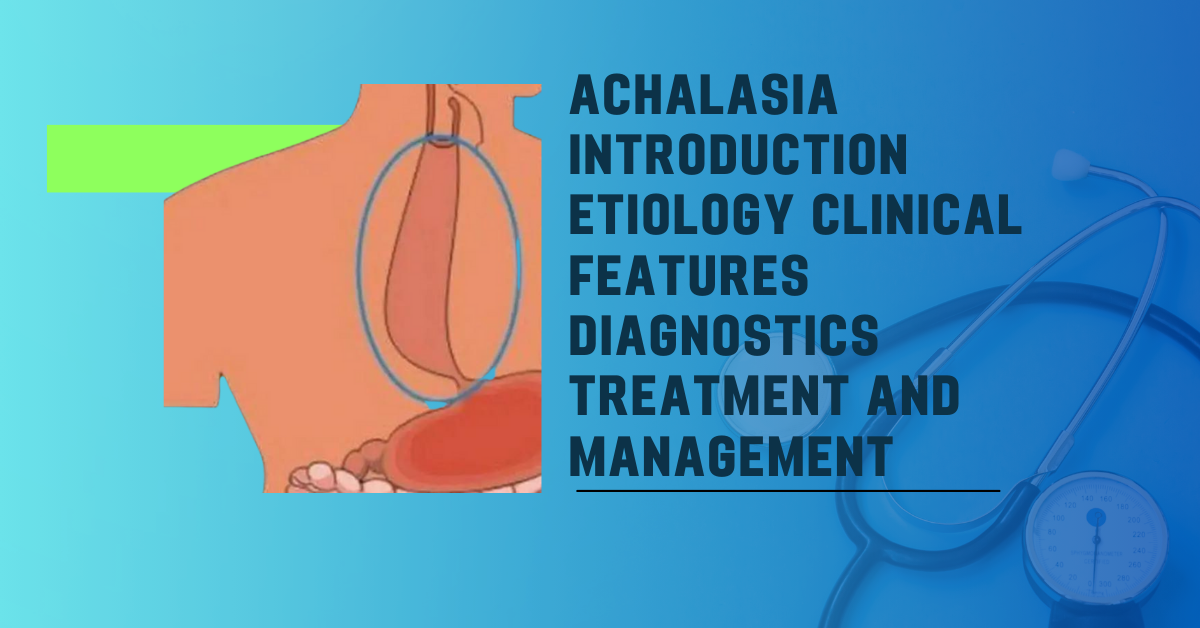Medicine MCQ 5
A 40-year-old man presents to the clinic with a 2-day history of severe pain, swelling, and redness in his right knee. He reports a fever and difficulty walking due to the pain. His medical history includes diabetes and a recent skin infection near the knee. Examination reveals a hot, swollen, and tender knee joint with … Read more



